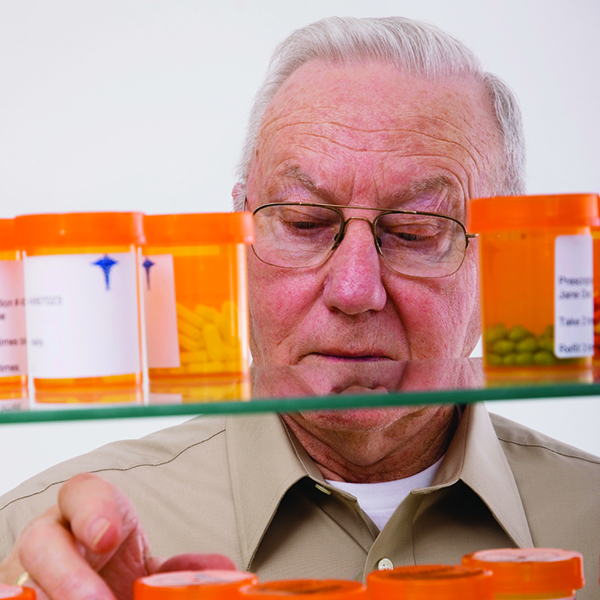Prescription and over-the-counter medications can save lives and help people of all ages manage certain conditions. When used correctly and under the guidance of a physician, medications are largely safe. It’s when medicines are used off-label, shared or taken in error that reactions and injury can occur. The American Academy of Pediatrics and their Healthy Children Organization warns that more than 7,000 children visit hospital emergency rooms every year for problems related to medication errors. Children are not the only ones in danger. Adults can make mistakes with their medications as well. For example, seniors who may be managing several different types of medications can inadvertently cause dangerous drug interactions by mixing the wrong pills. Pharmacists work diligently to help prevent medication errors. However, the general public can also do their part. The American Society of Health-System Pharmacists and the National Association of Boards of Pharmacy offer these medication safety tips.
• When a new medication is prescribed, ask the doctor to explain more about it, including its intended purpose and any common side effects to be expected.
• Make sure your doctor knows about all the medications you are taking, including non-prescription products, herbal remedies, dietary supplements, and vitamins. Some medications do not mix with seemingly innocent ingredients. Keep a running list of any medicines you take so you can easily and accurately share this information with your physician. • Question anything that you do not understand. Check the prescription for dosing information. For refills, make sure the refill information conforms to the original prescription strength.
• Fill all prescriptions at the same pharmacy and develop a rapport with the pharmacist so that potential drug interactions will be flagged. Pharmacists are well versed in medications and may be able to inform you as to the safety or risk involved in taking an over-the-counter product at the same time that you are on a prescription.
• Many pills look the same. If you are confused and taking multiple medications, keep medications in the original packaging and double-check the labels before taking any medications.
• Use the right dosing tools. A spoon from the kitchen is not accurate for measuring out a teaspoon of medication. • If you take multiple medications, use a pillbox to keep pills organized. The box makes it easier to manage medications and serves as a reminder if you have or have not taken a medication on a given day.
• Store medications as instructed on the label. The bathroom medicine cabinet may not be an ideal place to store medications, as bathrooms get damp, and that can compromise the integrity of the pills. Also, bathroom cabinets are readily accessible by all, including kids. It’s better to store drugs out of sight and reach of children. Keep dangerous medications locked away.
• Routinely discard expired or unneeded medications. Medicine take-back programs for disposal are a good way to remove medicines from the home and reduce the chance that others may accidentally take the medicine.
• Consult with a doctor before beginning or ending medication. Medicines play important roles in personal health. When used correctly, medications are assets, but caution should always be taken to ensure safe usage and storage of any medications.






